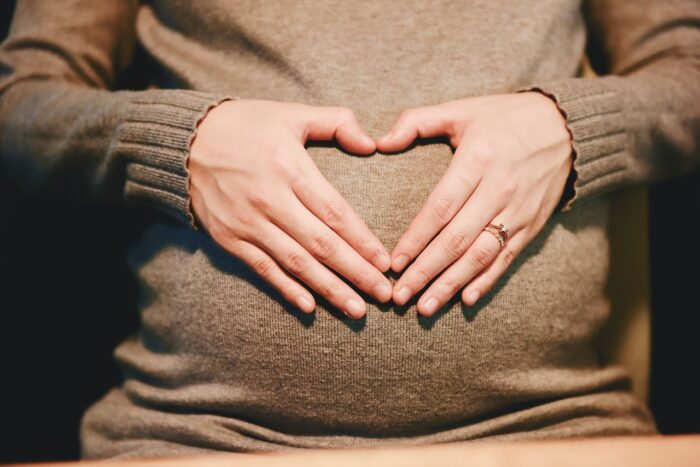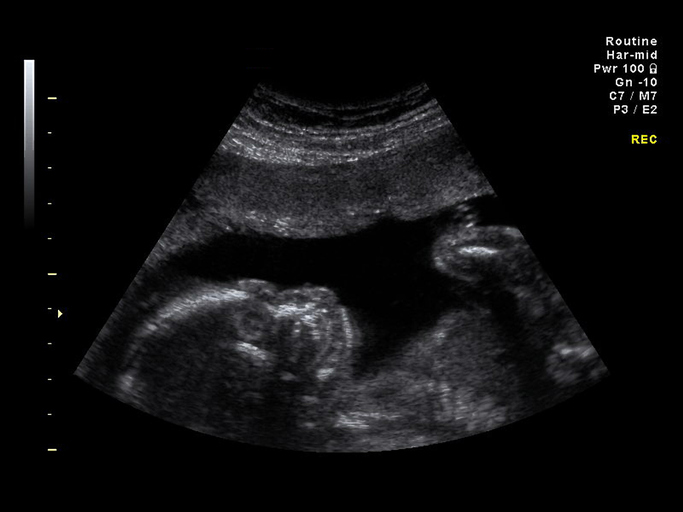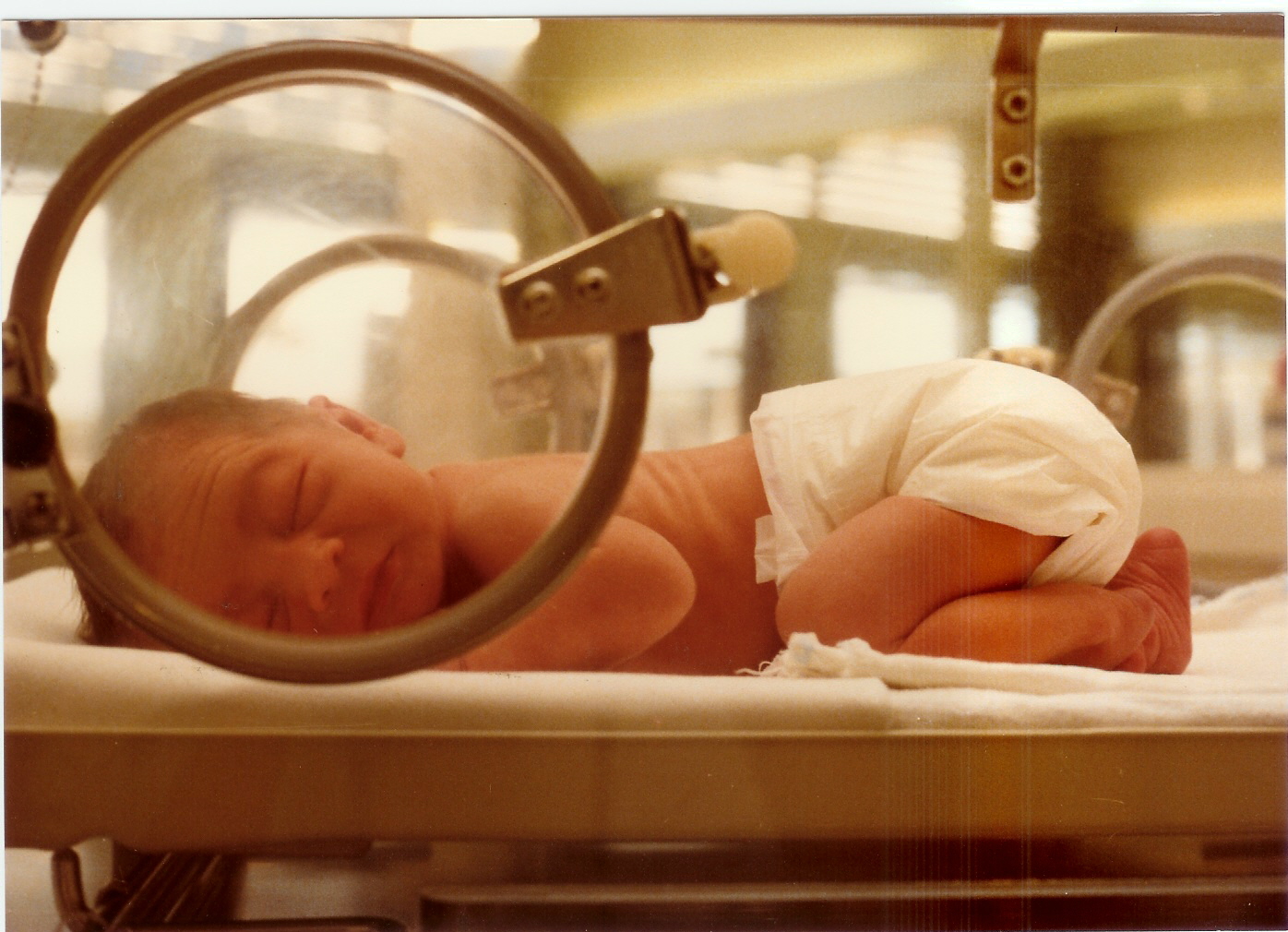The parents of the misdiagnosed unborn child that was aborted at the National Maternity Hospital at Holles Street in March say they were told there was no point waiting for a second test result before proceeding with an abortion. The baby was thought at first to have Edward’s Syndrome. Most babies with the conditions live only a few days after birth.
The couple say the hospital told them that the matter was “black and white”, there was “no hope”, the initial test was “conclusive” and the next stage of testing “would make no difference”.
The mother raised specific concerns about the possibility of mosaicism, the cause of false-positives, but says her concerns were dismissed.
The couple say they were “actively” told not to wait for the second part of the CVS test and that there was no need for amniocentesis which tests cells directly from the foetus, rather than the placenta.
Meanwhile, the Irish Times reports the National Maternity Hospital says it follows standard practice in carrying out abortions where requested by parents following a single diagnostic test showing a fatal foetal anomaly. However, the paper notes, UK and international guidelines suggest confirmatory second-test results should first be obtained.
The parents of the aborted child said procedures followed by the hospital do not accord with those followed in the Rotunda and the Coombe in relation to awaiting the results of a second test.
It has emerged also that another woman received a false-positive that incorrectly diagnosed her unborn child with the same foetal anomaly as the Holles street baby.
After a non-invasive prenatal test (NIPT) in March of this year indicated her baby was at risk of trisomy 18, Kerry Fonseca, of Balgriffin, north Dublin, went for a chorionic villus sampling (CVS) diagnostic test in the Rotunda Hospital in Dublin and it came back positive for Edward’s Syndrome. However, she opted to have an amniocentesis three weeks later and it came back clear. [3]
The CVS test which also produced the false positive in the Holles Street case is alleged to produce an incorrect result in only 0.15% of cases.


















